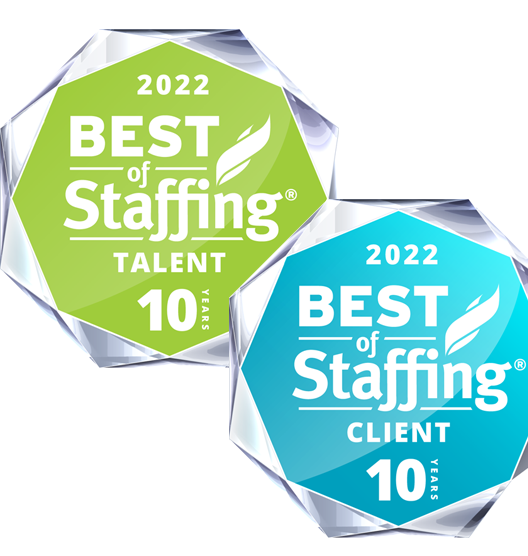Undermanagement Epidemic Revisited (Part II) Back in 1993, I started investigating the relationships between managers and their direct-reports in the workplace. Although undermanagement was hiding in plain sight right before my eyes, it took me years to really start tuning in to the problem.
Back in 1993, I started investigating the relationships between managers and their direct-reports in the workplace. Although undermanagement was hiding in plain sight right before my eyes, it took me years to really start tuning in to the problem.I've spent so much time now behind the scenes in so many organizations that I can tell you this: Most problems could be avoided altogether or solved quickly by a highly engaged hands-on manager, someone who accepts authority and the responsibility that goes along with it. Unfortunately, highly engaged managers are quite rare. Why is that? Managers have ALWAYS been stuck in the middle between the employer and the employee, trying to negotiate their competing needs and expectations. One of the legacies of the old-fashioned workplace is hands-off leadership based on sink-or-swim followership. In the old long-term hierarchical model, followers took for granted their managers' authority and the authority of the employer. As a result, followers were more likely to figure out what to do and do it, making lots of mistakes along the way, no doubt. But there was more room back then for waste and inefficiency. Not anymore. Now, the world is highly interconnected, fiercely competitive, knowledge-driven, and global. Markets are chaotic, resource needs are unpredictable, and employers are geared for constant change. As a result, employers must be lean and flexible in order to survive, and that means individuals are increasingly aggressive in order to take care of themselves and their families. Employees are less likely to trust the "system" or the organization to take care of them over time and thus they are less likely to make immediate sacrifices in exchange for promises of long-term rewards. Seniority, age, rank, established practice: These are all diminishing. Organization charts are flatter; layers of management have been removed. Reporting relationships are more temporary; more employees are being managed by short-term project leaders instead of "organization-chart" managers. Meanwhile, most managers, like everybody else, have more tasks and more responsibilities of their own, more administrative duties and even so, managerial spans of control have increased. More managers are managing employees working in locations remote from the manager. The breadth and complexity of work has expanded in almost every case. Here's the problem: Most managers still avoid conflict. Most lack any special aptitude for leadership. Most receive very little training in the basic tactics of effective supervision. And the legacy of leadership in most organizations great and small is still hands-off: "Here's the mission. Figure it out. Wait for us to notice you. We'll let you know if you do something wrong and the system will reward you the same as everybody else." How's that working out? Not so well. BONUS MANAGEMENT BEST PRACTICE Have you recently given one of your direct-reports the impression that he/she has more discretion than he/she really has? Have you given someone the impression that it's "up to him/her" what to do and how to do it, when it's not? If so, STOP! Go find that person. Explain that you've made a mistake. That it's not really "up to him/her" and there are specific requirements for what to do and how to do it. Share those specific requirements in vivid detail. Explain that you should have told him/her all this in the first place. Promise to do better in the future. OR CATCH YOURSELF IN THE ACT. If you find yourself saying: "Do it however you think it should be done..." OR "Take a crack at it..." STOP! Are you sure? Are you really doing this person a favor by letting him/her sink or swim on this? Are you really doing this person a favor by letting him/her reinvent the wheel? If there are proven best practices, standard operating procedures, or other requirements or specifications, spell them out in vivid detail.
|
resource center
The Watercooler Blog
Get workplace tips and trends related to employee retention, engagement, interviewing and more.
Fill 'er up
Top 0.5% in America!
PrideStaff has earned ClearlyRated's Best of Staffing Client and Talent 10-Year Diamond Awards for 3+ years. Less than 0.5% of all staffing firms receive this level of achievement.
See all our awards



